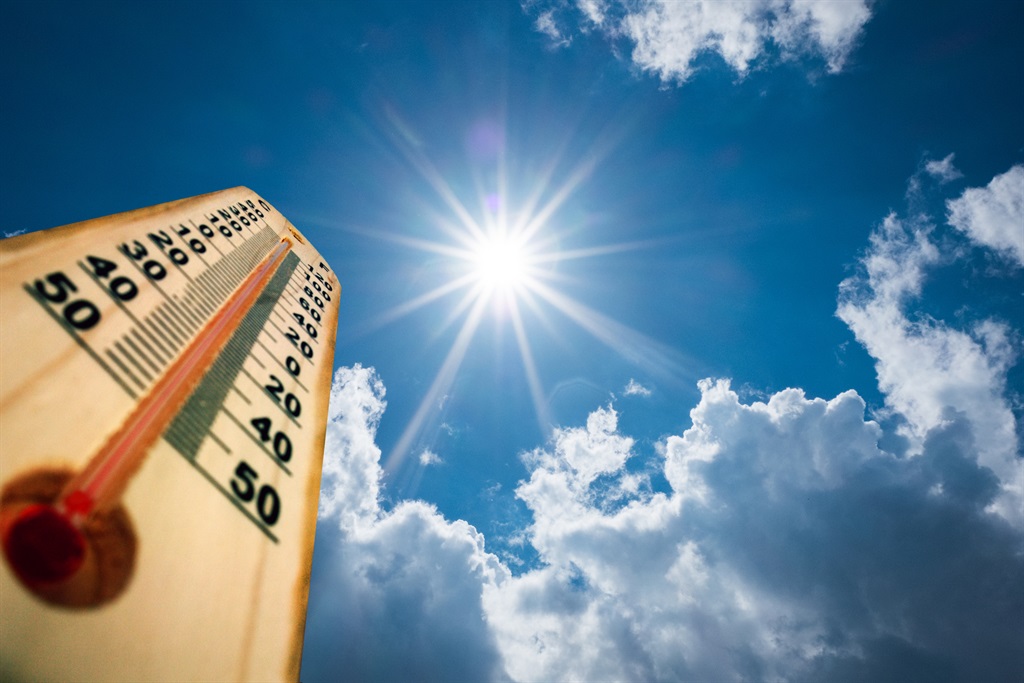
Yuval Harari argues in his book A brief History of Humankind that humans over the centuries have incited change and ordered society through conversing and socially constructing imagined realities.
Climate change places transformational demands on modern societies and when seen through this lens of Harari’s theory, it can be argued that, it places a demand on society to change the discourse and thus collective imaginary to one that moralises the reduction of contributions to carbon emissions.
Hence, if people are without a collective reality or belief about climate change and without subsequent deliberate action, society will lack the motivation for change.
In light of this, I think that it is our responsibility to not only change the way we live but to insist on contributing to a meaningful conversation, a discourse, a belief system in society.
I believe we should reduce our carbon emissions, but that those with the power to build a belief system about the morality of this action are more important, and what I pose in this article is a call to action to people, in their individual capacity, to demand that politicians not only create policies and scientists not only prove causation but that people of influence use the media to share an impassioned personal view on the meaning of these actions on our lives.
Al Gore is one such person of influence who has become a spokesperson on the impact of climate change and the inefficient solutions created by political leaders.
In his documentary film The Inconvenient Truth he shows how policies are either unregulated or ineffectively implemented by politicians.
Al Gore himself was a politician but with this self-reflection went beyond the rule of law to incite change, take for example his speech in 1996, at the Democratic National Convention where he said, “We Americans write our own history. And the chapters of which we are proudest are the ones where we had the courage to change”.
By using moral discourse of pride and courage along with the imperative for change Al Gore created a belief system around reducing ones carbon footprint or what Harari would call, “the imagined order”.
Thus it can be argued that an individual can challenge climate change by reducing his/her carbon footprint but not always in a practical way, but rather through sharing of ideas.
Al Gore shared his ideas through multiple media forms, an approach I would argue is important for politicians to take note of today.
Understanding that people are motivated by more than just laws, rules and governance, media became a central medium for his galvanising mission.
As previously mentioned he has a very successful documentary film, he made presentations at over 1000 venues that were then spread through YouTube, he has been interviewed on popular tv shows and news channels , one of his most well-known interviews was on the Oprah Winfrey show where he ‘educated’ the people about their role in carbon reduction, while today he has taken to Twitter to speak directly to people and start conversations.
The role of the media is important but there is also a challenging denier strategy at work limiting any real call to actions and thus limiting this discourse in the media.
I determined that my ability to make a meaningful reduction in my own carbon footprint is limited to the information I receive on my ethical or moral responsibility to partake in particular behaviours.
Thus I began to research my impact on the environment and the factors the media, particularly from political figures that have contributed towards media discourse, or lack thereof, have had on my understanding of global warming.
Before, I had not known much about global warming but knew recycling was important, and cycling on bicycles was a “cleaner” way to get from point A to point B.
I had remembered reading in the Sunday times about the ecomobile agenda of the city.
The city has been investing in events like Ecomobility World festival and attending summits and agreeing to agendas such as UN-Climate Summit (COP21), seventh Africities Summit, Johannesburg declaration on Ecomobility, member of United Cities and Local governments in Africa which priorities these issues.
Former Mayor Parks Tau was very involved in driving this discourse in an effort to create an image of a world class African city for Johannesburg and aligned the city on many policy initiative in this regard, while driving this policy angle in the media.
Dr Glenda Daniels, associate professor at the university of Witwatersrand explained to me that “media [practitioners] have a duty to question politicians on what we are doing but the media do not have enough reporters on environmental [issues]”.
She went on to explain that the issue is also that the politicians themselves may not prioritise environmental issues and use the media for self-advancement in elections more than being critical about the media as a tool in social governance.
This open letter to the public and our politicians is my attempt at reducing my carbon footprint. According to a typical exercise in calculating my carbon footprint, my current impact is nowhere near where it should be; and while riding a bicycle, recycling plastics and limiting water consumptions may change my number on the test, my real impact is in challenging the public figures that have a voice in popular discourse today, and in this way I challenge climate change.
I pledge here to make my small contribution every day, but I urge politicians to consider the media as a space of public engagement and influence and to use it to create a moral reality around the actions that will create a healthy environment.
This means moving the goal posts from internal image and agenda to local realities and values.
• Mota Mota is an account manager at Edelman South Africa




 Publications
Publications
 Partners
Partners








